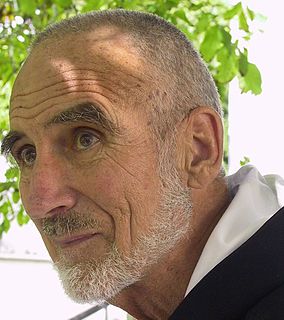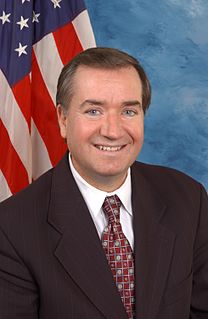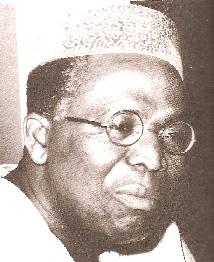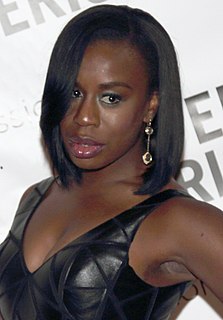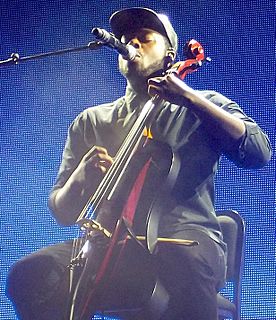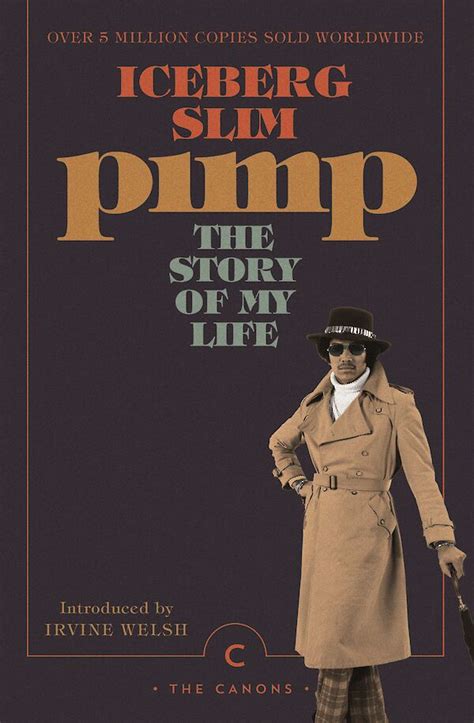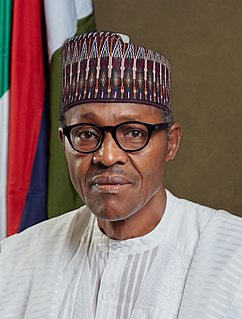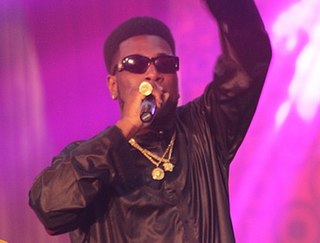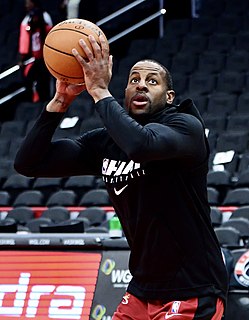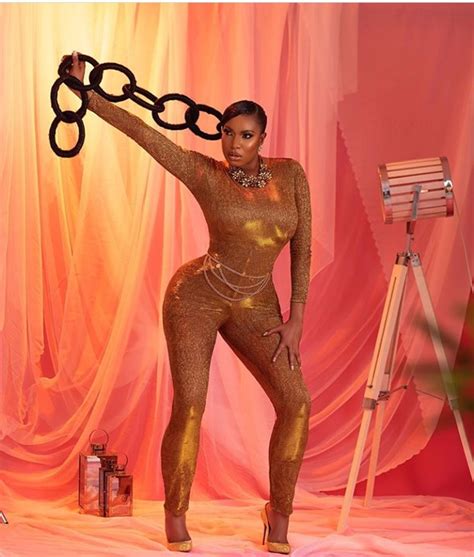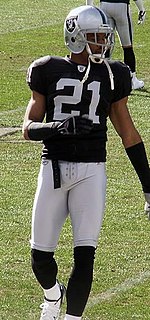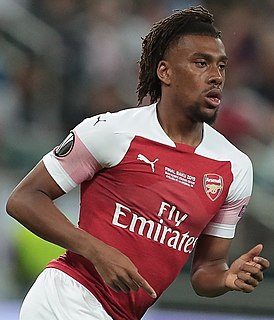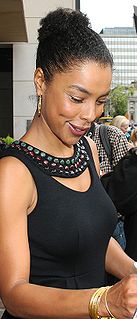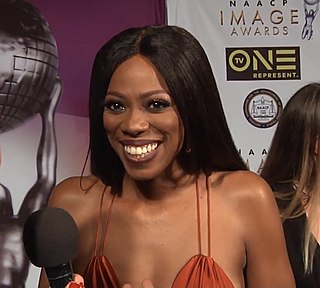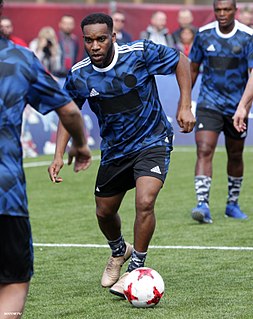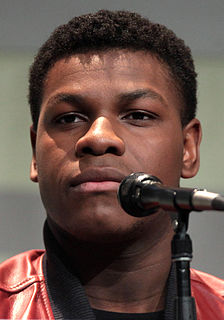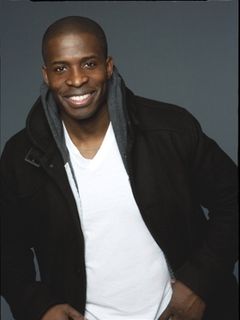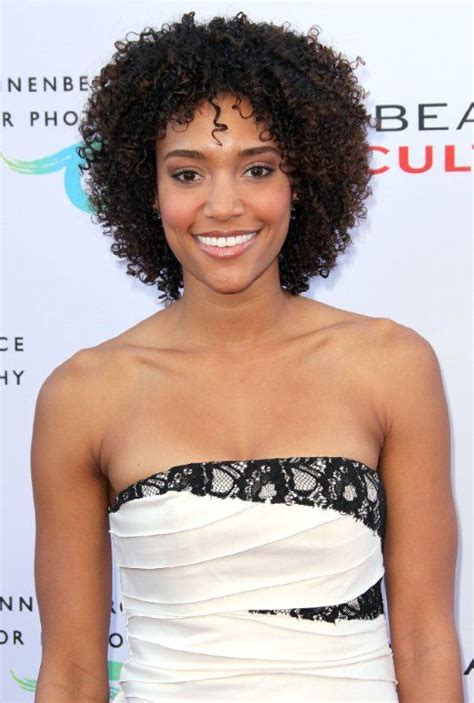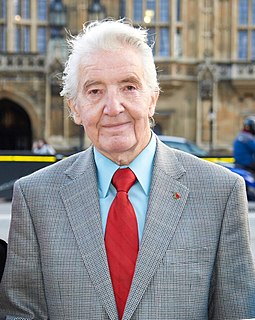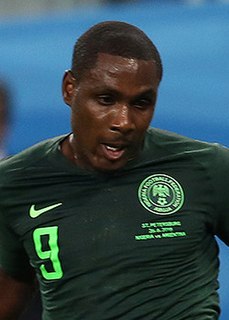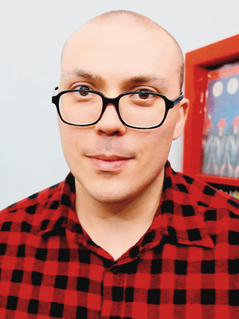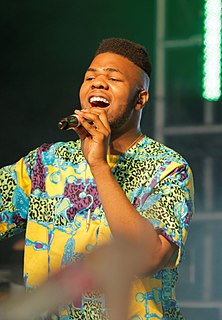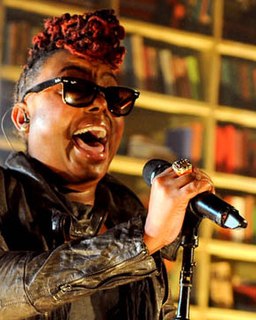Top 133 Nigerian Quotes & Sayings - Page 2
Explore popular Nigerian quotes.
Last updated on April 21, 2025.
As far as being an African artist, my inspiration has been the fact that I'm a part of the generation that will put Nigerian African music on a global scale. It's been a long road for us, but I believe we're finally at that point where we can showcase our music to the world and get international recognition.
Nollywood is a genre, and not the entire Nigerian film industry. However none of the 'New wave' of directors in Nigeria would know what was possible without the Nollywood model, so I'm grateful to them for showing us that our stories are of interest to people other than Nigerians. I would describe myself as a filmmaker, period.
It was never a deliberate decision to make films about the 'woman experience'. Having said that, we are all many things - for example I'm Igbo and Nigerian, a director, a filmmaker etc., but I feel what affects me the most, especially the way people/society view or treat me, is the fact that I'm a woman, and I'm fascinated by that.
I was born in 1966, at the beginning of the Biafran-Nigerian Civil War, and the war ended after three years. And I was growing up in school, and the federal government didn't want us taught about the history of the war, because they thought it probably would make us generate a new generation of rebels.
The Roman Catholic Church is an institution for whose gains the phrase "ill-gotten" might have been specially invented. And of all its money-making rip-offs, the selling of indulgences must surely rank among the greatest con tricks in history, the medieval equivalent of the Nigerian Internet scam but far more successful.
I think there's always an expectation when you're a first generation, especially a first-generation Nigerian, of sort of being a doctor or a lawyer or an engineer. And so, you know, sort of my initial pursuits into the arts and that I was going to pursue film as a career didn't confuse them, but it was definitely something that they were scared about.
Nigeria was a blank on the map - there weren't even any maps. The US State Department, everyone said don't go there. It was courageous of Harvard University: the notion was that we would match Harvard students with Nigerian students, so that every student would have a guide, creating a guarantee of intimacy with the city.
